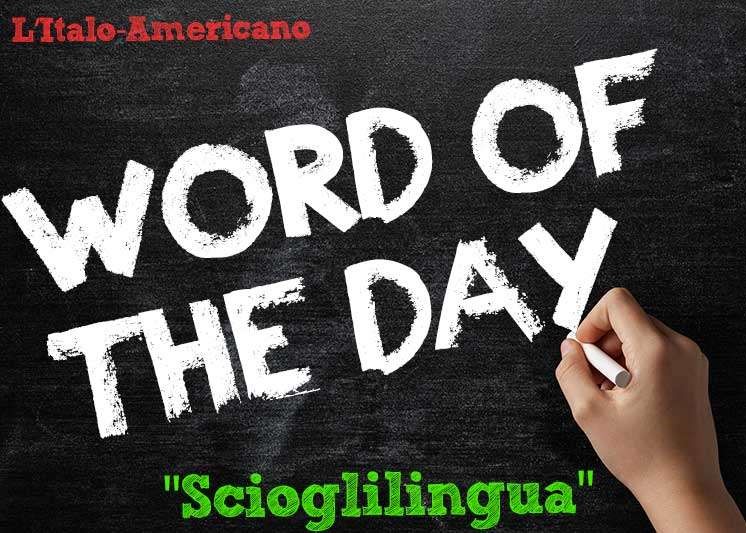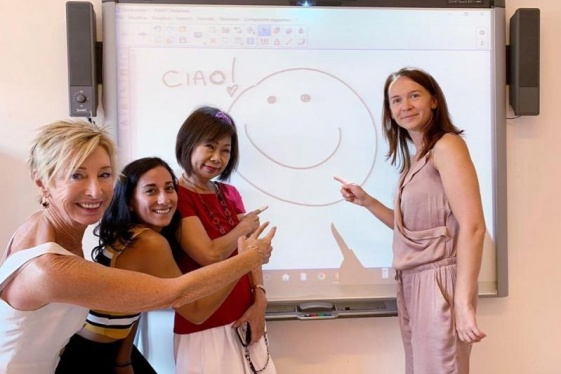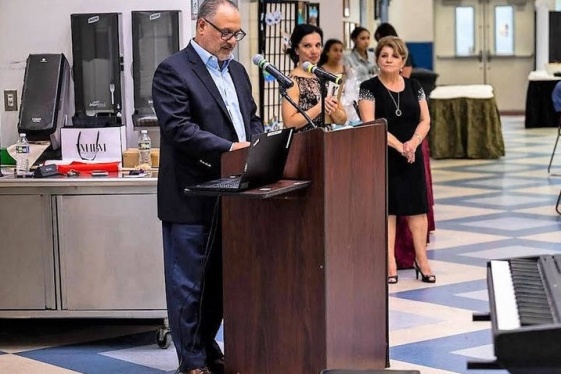

Sopra la panca la capra campa, sotto la panca la capra crepa*! There, that’s a scioglilingua. Scioglilingua is a bit of pronunciation conundrum in itself, as it’s not that simple to pronounce, either: it comes from the word sciogliere — to melt, but also to free or disentangle — and, of course, lingua — tongue.
It appeared in our beautiful language for the first time in 1887. In English, we call it “tongue twister” and the sense remains pretty much the same. A scioglilingua is a sentence filled with alliterations and assonances (in short, the regular repetition of consonants or vowels within a word, a sentence or a verse to create the illusion of a specific sound) that makes its pronunciation very hard. They are very popular among children, who often use them to taunt each other about how good they are at repeating them out loud. It is often used as an exercise for people who have language problems, or just to get us to say words correctly.
SOURCE: https://italoamericano.org/
You may be interested
-
2015 scholarship competition
The La Famiglia Scholarship committee is pleased to announce the financial aid competition...
-
Emanuele: cervello d'Italia al Mit di Boston
Si chiama Emanuele Ceccarelli lo studente del liceo Galvani di Bologna unico italiano amme...
-
Italian Americans media and beyond: between...
The Department of Italian invites you to a lecture by Fulvio S. Orsitto who is an Associat...
-
Italian world language teacher 2015-2016
FRAMINGHAM PUBLIC SCHOOLS - JOB DESCRIPTION TITLE: World Language Teacher - Italian...
-
'Italy Stay Strong': What The Coronavirus Eme...
On the northern coast of Sicily, looking out toward the magnificent Aeolian Islands, Milaz...
-
'La Notte Italiana Brilla' at West Orange Hig...
West Orange High School came alive on June 2 with a celebration of Italian culture as the...
-
'Proven track record' prompts Mount Union to...
Robert A. Gervasi has been named the interim president for the University of Mount Union....









